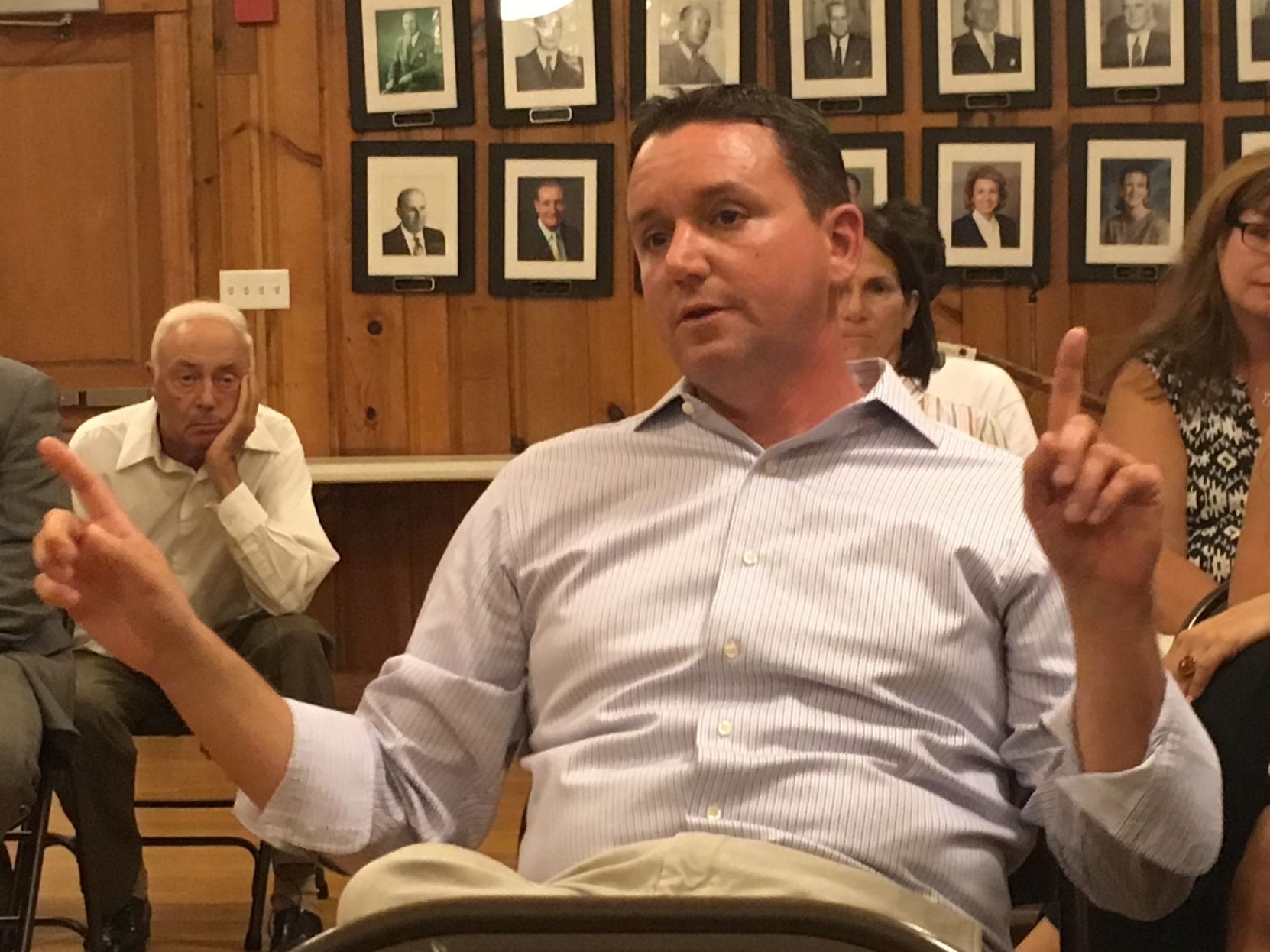At least two suspected crimes that East Williston residents reported online turned out to be nothing despite causing a fervor, the village Board of Trustees said last Friday.
The incidents over the last two weeks of January were the subject of posts on a Facebook group called “Village of East Williston Community Watch,” a forum for residents to communicate about suspicious activity and security issues.
In one case on Jan. 25, a man scheduled to inspect a home for bed bugs went to the wrong address, leading the resident to think he was trying to get inside her home to rob her, the village message said.
Two burglary alarms went off in unrelated incidents the week before, but police determined at least one of them was a false alarm, Mayor David Tanner said. Village officials are still waiting to hear whether the other incident was an attempted burglary.
In the message, trustees said they only publicize verified information and said it was “unfortunate” that inaccurate information had been spread in the Facebook group.
A small group of residents has created a climate of fear in the village, leading others to get “agitated” by incidents that turn out to be nothing, Tanner said in an interview.
“That’s the environment that’s being created, and it’s really — it’s counterproductive, it maligns the community in which these residents live,” Tanner said.
The board’s message also said a private security company will continue to do random, intermittent patrols in East Williston. Tanner said last month that the village had canceled such patrols.
A group of residents has pushed the village since last summer to take more proactive security measures following two burglaries last June that shook many in the affluent community of fewer than 900 households.
Their calls have come although major crimes in the village fell to nine in 2016 from 14 in 2015.
Advocates have praised the Facebook group, which has about 300 members, as a highly effective vehicle for communication about crime and security in the village.
Stephan Leccese, one of the advocates, said the village email perplexed residents because it seemed to diminish the effort to do what the village has asked them to do: report crimes and communicate about suspicious activity.
The residents reported the inspector’s visit and the tripped alarms to police and the village, Leccese said.
Leccese, a village resident for about 15 years, rejected Tanner’s assertion that the security advocates and the Facebook group were creating a climate of fear.
While he does not yet have long-term crime statistics, Leccese said several residents feel crime has peaked in the last two years compared with the past decade.
“Residents feel uninformed and they feel like there’s not leadership on this issue” by the board, Leccese said. “Therefore they feel like they’re being left to defend themselves.”
Leccese and other advocates have repeatedly asked village officials to survey residents about their feelings on security and use the findings to create a concrete security plan.
But Tanner said the village has responded to residents’ requests and followed the recommendations of the Security Committee it created last summer.
Officials still plan to install lights and cameras at Devlin Field, a park that’s been a hot spot for vandalism and other crime, but the village relies on the police, Tanner said.
“We’ve done our part but there’s a limit to our part at this point, and we’ve reached that point,” he said.



